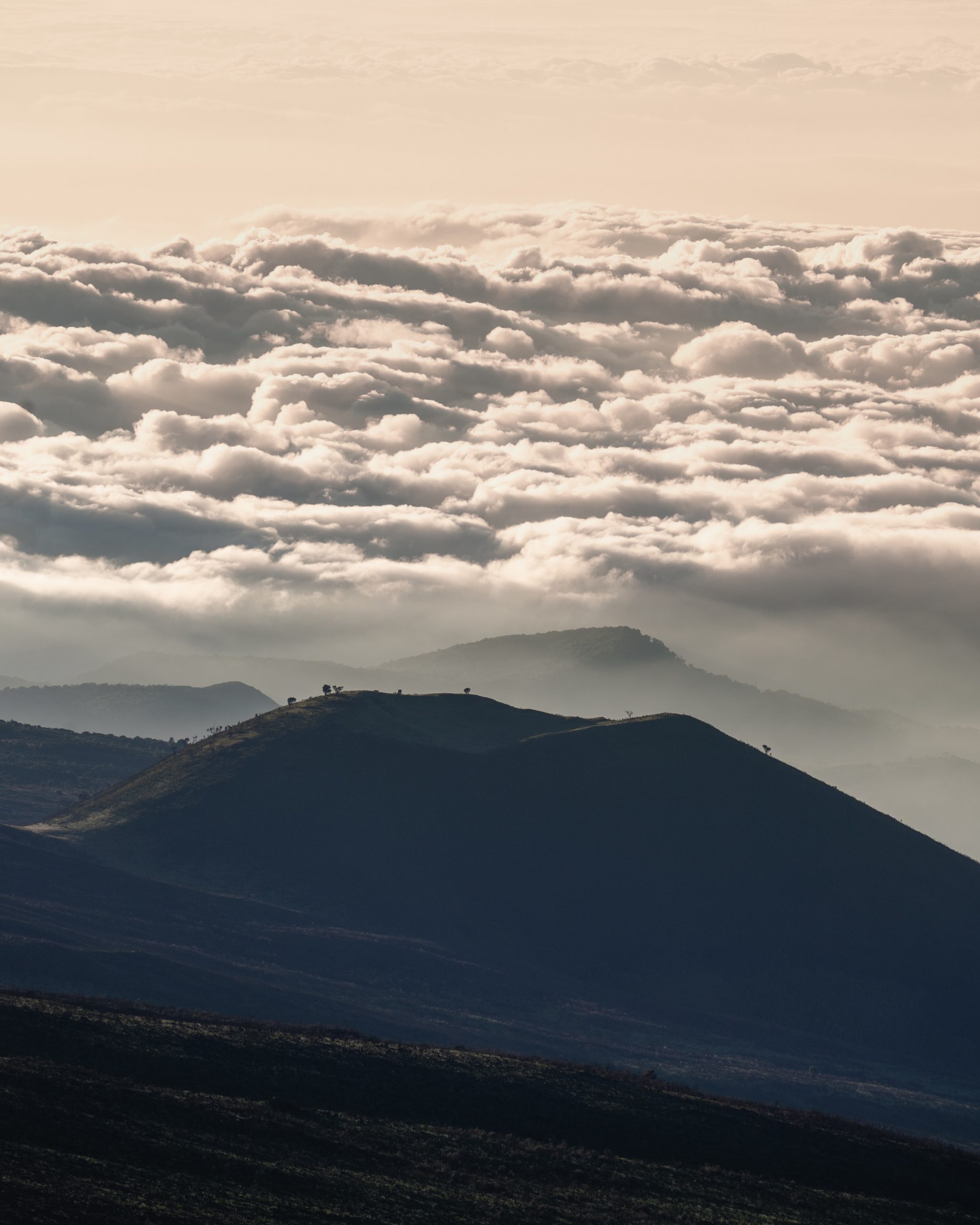In Africa, Protected and Conserved Areas (P&CAs) have nearly doubled in area over the past last five decades. As environmental issues have become more globalized, African governments have adopted regional and global agreements on the environment, biodiversity and sustainable development. While this may be a step in the right direction, success depends on halting and reversing biodiversity loss at regional and national levels. State protected areas, community conserved areas and private conserved areas are key mechanisms to achieve this.
The implementation of infrastructure projects, extractive activities, agricultural extensification and settlement schemes have led to the destruction of conserved areas, degradation of forests and rivers. These directly impact Africa’s ability to produce goods and services that people and wildlife rely on. Currently, many of Africa’s prized conservation areas have been degazetted or downsized which inhibits progress. In addition, the current COVID-19 pandemic has adversely affected tourism resulting in the shutdown of Protected areas, affecting their financing and survival.
It is not all doom and gloom! Considerable efforts are being made to conserve P&CAs. According to the IUCN 2020 report on Protected and Conserved areas, the Eastern and Southern regions of Africa are close to meeting the conserved area coverage target of Aichi Target 11 with 16.54% of the terrestrial area protected in 5,232 protected areas covering over 2.1 million km2. The regions are also half-way to meeting the marine protected area coverage target of Aichi Target 11, with 5.60% of the marine area protected in 411 coastal and marine protected areas covering 473,815 km2.
With new decadal targets on biodiversity and climate being set by the UN Convention on Biological Diversity (CBD) and the UN Framework Convention on Climate Change (FCCC) Conferences of the Parties in late 2021, there is much to be done. With African governments undertaking more physical infrastructure developments and with growing populations, funding for protecting conserved areas is decreasing. Yet investment in fossil fuels continues to be higher than for climate activities.
2021 marks a milestone for Africa in conserving Nature. The first Africa Protected Areas Congress (APAC) was launched in Kigali, Rwanda to focus on the vital role protected areas – and their conservation – plays in contributing to food security, livelihoods, economic growth, and poverty reduction. The overarching objective of APAC is to stress implementation of actions agreed to halt biodiversity loss and land degradation, address climate change and support the delivery of the Sustainable Development Goals (SDGs) using P&CAs as one implementation mechanism. The underlying drivers of biodiversity loss need to be understood and addressed in practical ways, and the global post-COVID-19 economy should reflect the reality: our lives and economies depend on nature.
APAC will bring together key stakeholders and players vital to the conservation of biodiversity and P&CAs . These groups will share key learnings, experiences, challenges, and best practice in the conservation of P&CAs. Some of the key stakeholders expected to take part in APAC include: –
Indigenous Peoples
APAC will provide African solutions to African challenges. Systems that fully integrate local communities are those that show the best results in terms of conservation, and contribute positively towards the livelihoods of communities and people. The knowledge from local and indigenous communities is an important opportunity to learn about the challenges communities face, and the solutions they have come up with to deal with these challenges. Integrating these solutions with current innovation and technology can better lead to the securing and managing of P&CAs.
Youth
Approximately 75% of people in Africa are under the age of 35 and considered as youth. It is to the Youth that Africa will bequeath its conservation heritage. There is a stronger understanding amongst the youth of today than previous generations, on sustainability. Youth advocate for a reduced carbon footprint, environmental conservation, and overall contributions to improved quality of life. However, African youth face challenges of poverty and lack of employment opportunities. As a result, they focus on trying to make a living, a risk that can undermine their responsibility for nature. Linking conservation to the prosperity of future generations is a conversation that must be had. Including the youth voice in conservation creates generational bridges to catalyze environment policies to reconcile competing interests between different groups so as to bring prosperity for the youth of Africa. They are also the voters of today and tomorrow and will affect future policies on biodiversity conservation.
Women
In communities around the world, women play a vital role in the management of natural resources. They come into daily contact with resources such as water, sources of fuel, forest and understand the utilization of these resources. Therefore, their unique knowledge in the management of these resources contributes a different perspective in the conversations around conservation. They need to be included in the formulating and implementing policies to ensure sustainability and the protection of nature. Enhancing women’s participation in APAC, giving them equal access to education on conservation will ensure better use and management of natural resources for improved livelihoods.
Governments
While economic development must continue, mechanisms need to be put in place to ensure that it is not done at the expense of the environment. Africa needs to get to a place where economic development and conservation rely on each other for prosperity. The main challenge Africa faces is that economic growth comes too often at a cost to P&CAs . Governments need to adapt policies that benefit both conservation and economic development – good for nature and good for people. Another crucial aspect affecting governments and their role in P&CAs is innovative financing and funding, as well as ways to diversify financing and funding wildlife economy activities. This will support sustainability, as well as how approaches can be scaled up to reduce and diversify risk, and increase efficient and sustainable use of resources.
Private Sector
The private sector is a key, yet undervalued, partner in conservation and development. The private sector is becoming more aware of the role they need to play to ensure projects are sustainable and have little or no negative impact on the environment. In addition, the private sector is also an important source of funding for P&CAs, and APAC will agree on suggestions as to how the private sector can work with key stakeholders, especially government, to benefit the environment. An efficient and effective contribution by both sectors is critical to ensure appropriate outcomes can be achieved and the benefits of biodiversity and nature can be enjoyed by future generations.
Development Agencies and Non-Governmental Organizations (NGOs)
NGOs and Development agencies play important roles in framing environmental policy and mobilizing public support for conservation and securing of PC&As. They help to fill gaps, conduct research, facilitate policy development, build institutional capacity and facilitate independent dialogue amongst key stakeholders. They can also provide an independent view which is critical to building trust for implementing research findings, and can be an intermediary between communities and government.
At APAC, these stakeholders will discuss six cross cutting themes, namely governance, conflict, climate change, science and technology and indigenous people, sustainable financing, and physical infrastructure.
The Call For Proposals to take part in APAC is open. It is vital stakeholders take part in the Congress and become part of forging a new vision for Africa’s iconic natural heritage that celebrates and elevates the role of biodiversity as an integral part of Africa’s sustainable development path into the future.
To learn more, visit our website at https://apacongress.africa/
The congress will be held from 7th – 12th March 2022 at the Kigali Convention Center in Kigali, Rwanda


